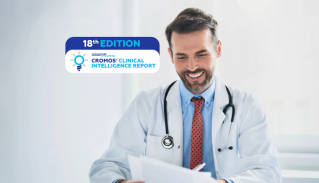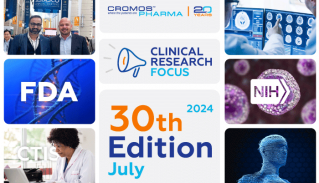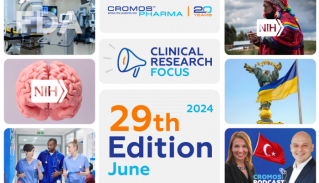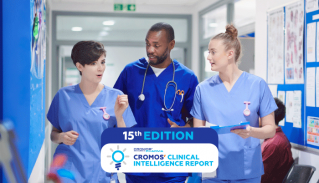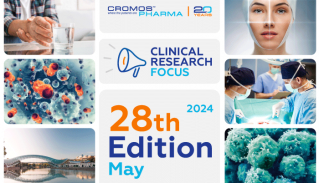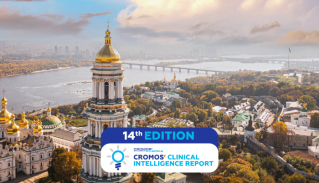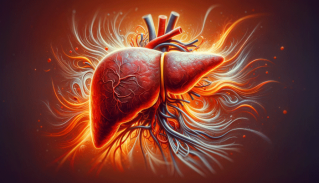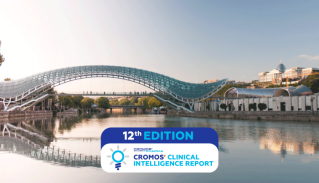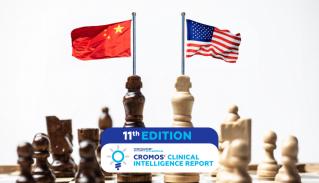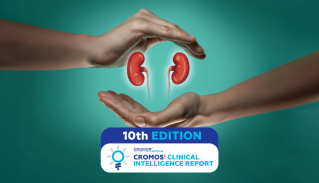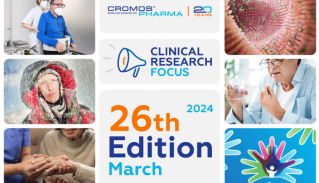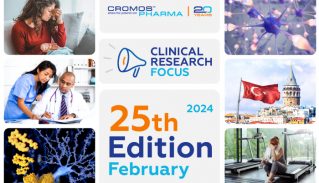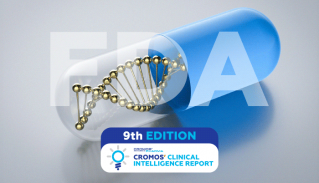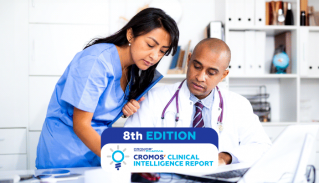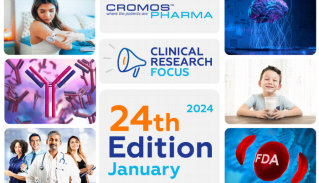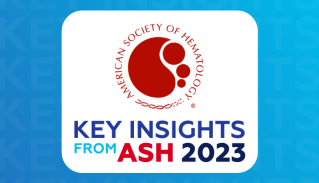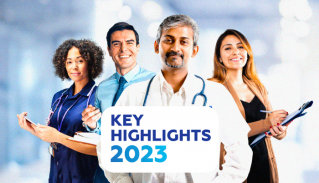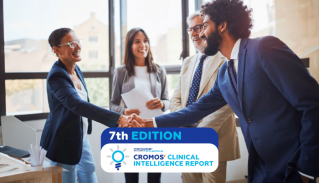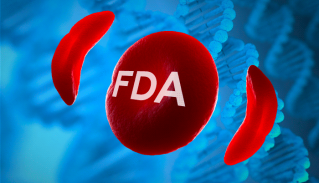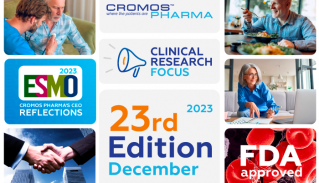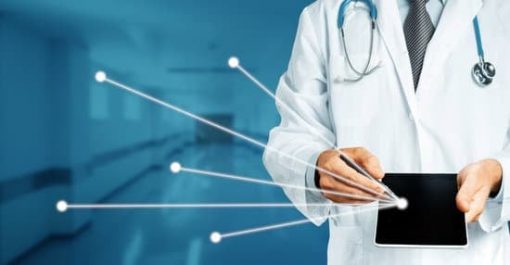
Reaping the benefits of eCONSENT for clinical trials
Clinical research is made possible because patient volunteers give their consent to participate in clinical trials. Informed consent is an essential part of enrolling patients in a clinical trial.
Through the consent process a potential participant receives all the information they need about their role in the clinical trial.
eCONSENT
While in the past consent was acquired through a traditional pen and paper approach, more recently there has been a growing trend towards electronic consent – eCONSENT. This trend has been accelerated in the last 18 months due to the COVID-19 pandemic.
Improving patient understanding and increasing participation
Just like the regular paper-based consent eCONSENT is not merely getting a digital signature. It uses multimedia elements which can be used to develop an interactive and engaging informed consent experience for patient volunteers. The potential benefits are multiple and varied from helping to ensure patients are better informed in a format that suits them to being able to increase patient participation.
ADVANTAGES:
- improving understanding among patients;
- testing and reinforcing participant understanding;
- providing valuable feedback on how consent materials could be improved ;
- improving patient recruitment process and retention;
- enabling process efficiencies, saving time and money.
Some concerns remain about the adoption of this digital approach to consent including issues relating to software standardization, regulatory standardization, the IT investment required, cybersecurity and data privacy. However, it is clear that eCONSENT is here to stay.

